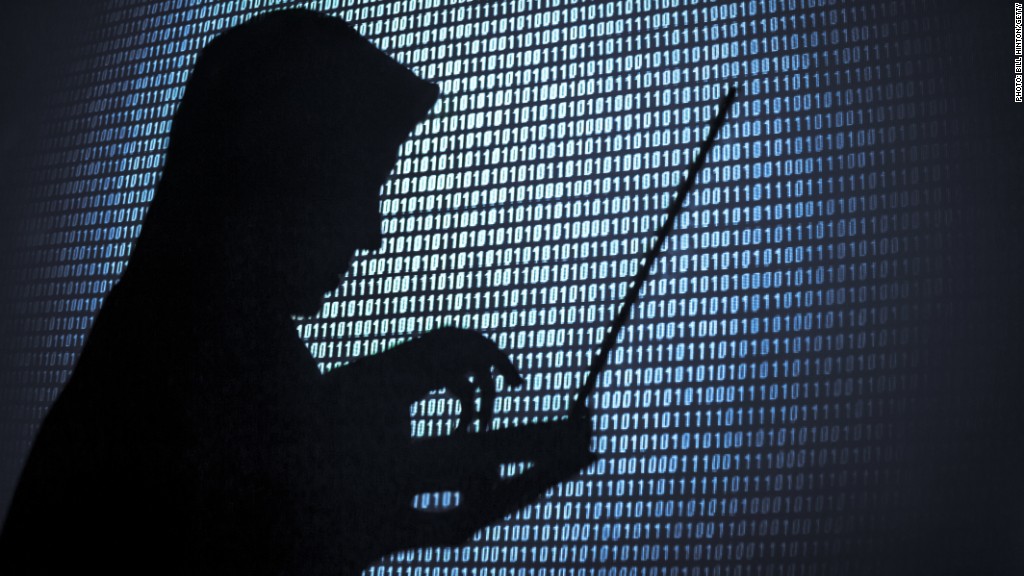
The FBI is investigating whether the St. Louis Cardinals hacked into the computer systems belonging to a rival team: the Houston Astros.
The hacked Astros databases include team secrets and operational information, according to Major League Baseball. Signs point to espionage.
The New York Times was the first to report this on Tuesday. The newspaper said federal prosecutors are already issuing subpoenas on the Cardinals team and MLB to get a hold of electronic communications.
Federal investigators told CNN they think someone at the Cardinals was interested in knowing the Astros plans for draft picks and player development strategies.
"Major League Baseball has been aware of and has fully cooperated with the federal investigation into the illegal breach of the Astros' baseball operations database," the league said in a statement. "Once the investigative process has been completed by federal law enforcement officials, we will evaluate the next steps and will make decisions promptly."
The Cardinals have lately been the model of success in professional baseball, going to the World Series an MLB-best four times since 2004 -- a year in which the team beat its then division rival Astros.
The Astros are run by general manager Jeff Luhnow, who had left the Cardinals to take the Astros job in 2011. Under Luhnow, the Astros have made a remarkable turnaround, unexpectedly leading their division and sporting one of baseball's best records this season.
The Times reported that the hack was done by Cardinals front-office employees seeking revenge on Luhnow for leaving the team.
As for the Cardinals, the team is staying silent on the allegations. In a statement Tuesday, the organization said, "The team has fully cooperated with the investigation and will continue to do so."
A baseball team hacking into another team's servers to steal valuable information adds a new dimension to the long list of recent cyber break-ins.
In recent years, we've gotten accustomed to hearing about many other types of hacks, including governments hacking each other to steal military information and criminals breaking into company computers to steal valuable data, or consumer bank accounts to steal money. In rare instances, governments even hack into company computers to destroy machines, as U.S. intelligence officials say North Korea did to Sony Pictures.
Corporate espionage has thus far gone under the radar, although cybersecurity researchers have long expected an incident to come to the forefront one day.
"Cases like this are rare, really rare," said Mikko Hypponen, the top security researcher at F-Secure in Finland. "Corporate espionage via hacking might be common but companies rarely get caught for doing it."
Computers guard all of our plans and secrets now. Hacking is just the modern version of a burglary.
"This could easily become a cyber Deflategate," said Jay Healey, a cyber expert with the Atlantic Council, a prestigious think tank. "It does highlight the new cyber reality that everyone hacks everyone else all the time for every reason."
Modern sports are especially sensitive to hacking nowadays. Think about the Moneyball phenomenon. As journalist Michael Lewis documented in his 2003 book, the managers of the Oakland Athletics team tried a new approach to baseball -- finely assembling and analyzing player performance statistics to find undervalued talent. Other teams have adopted that approach, and baseball has never been the same since.
John Pescatore, director of emerging security trends at the SANS Institute, said this explains why spying-via-hacking in this sport is inevitable.
"The rise of analytics in baseball has led to data being of high value," he said. And that means teams will ask themselves: "Rather than spend the money on developing my own analytics software and spend on collecting data, can I steal it from another team?"
CNN's Jill Martin and Kevin Dotson contributed to this report.


